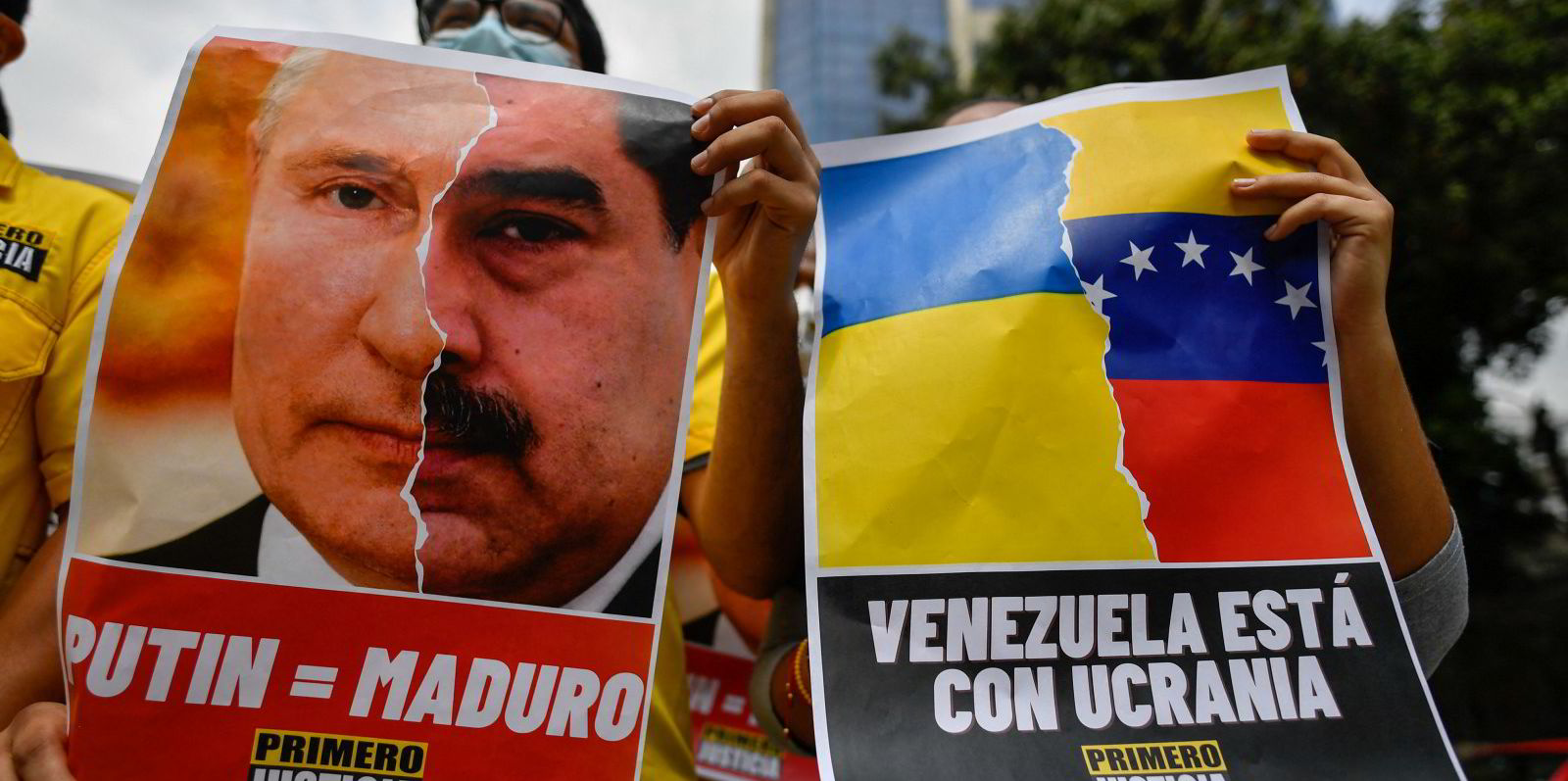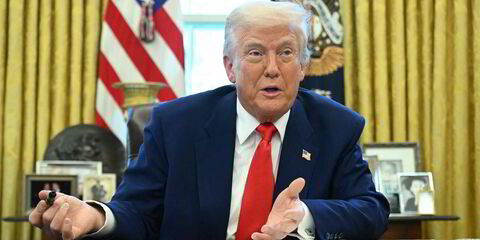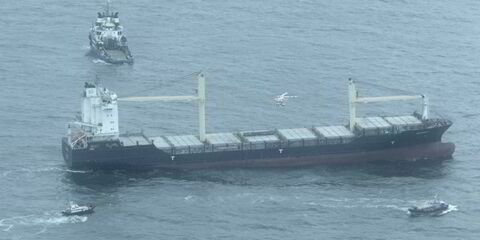Three weeks into the Russian invasion of Ukraine and the deckchairs of geopolitics and world trade continue to shift.
It is still possible that a ceasefire will be announced but even so the tectonic plates have shifted in a long-term way.
Moscow under Vladimir Putin will be viewed with utmost suspicion for as long as he is around and Europe will not sleep easy.
Suspicion and uncertainty will rule, around which the maritime industries will be forced to operate on an ad hoc basis.
Crude prices have plunged in recent days from a 14-year high of $140 to $100 per barrel but nothing is solid.
This means very high bunker prices continue for shipowners on top of greater uncertainty over where to load crude, oil products and other dry bulk cargoes.
A two-tier market has opened up around suezmaxes, for instance, with a premium for those willing to accept Russian cargoes.
Meanwhile, Paris-based shipbroker BRS reports a wider freight rate slump for this class of vessel due to overcapacity.
VLCC activity in the key Middle East market continues to be slow as high crude prices deter buyers — even after the International Energy Agency promised 60m barrels of strategic reserves.
The Ukraine crisis has been playing more positively for capesize bulkers as European markets switch coal supplies from Russia to Asia. The capesize 5TC index saw spot averages rise 64% last week.
So far Opec has refused all requests to increase its voluntarily imposed production targets and pump more oil.
There were signals from the United Arab Emirates — a country with acknowledged spare capacity — that it wanted to see a future change in quotas.
Washington’s attempts to secure alternative supplies from the previously reviled Nicolas Maduro’s regime in Venezuela have so far hit the rocks.
Republican hawk and Florida senator Marco Rubio accused US President Joe Biden of trying to replace “the oil we buy from one murderous dictator [Putin] with oil from another murderous dictator [Maduro]”.
Even if sanctions were lifted by the US on Venezuela, New York-based shipbroker Poten & Partners says it would take years to open up the lucrative long-haul trades to India and China.
The US would have sewn up a nuclear deal with another sanctioned enemy, Iran, last week had it not been for a last-minute demand that it should be able to export to Russia.
An agreement, which would unleash millions of new barrels of oil back into the world market, still looks likely.
In the meantime, energy shortages and potential economic trouble lies ahead.
As further Western sanctions were unveiled in recent days, including a European Union asset freeze on Chelsea FC owner Roman Abramovich, there were warnings that Moscow is about to default on foreign-currency debt for the first time since the Russian Revolution.
This is quite a turnaround for a country with massive commodity wealth. And the negative impact of sanctions on Russia and the physical destruction of Ukraine will spread, according to Cambridge economist Mohamed El-Erian.
A two-tier market has opened up around the suezmax market, for instance, with a premium for those willing to accept Russian cargoes
“In addition to the tragic forced migration of millions of Ukrainians, there are consequences for the global economy and markets, both immediately and in the longer term,” he told the Financial Times, warning that US inflation could top 10%.
Those fears come just as China warns of serious new Covid outbreaks that could lead to lockdowns, which has already rocked its local stock markets.
Among all this, major Western oil companies are trying to keep their heads down and avoid having anything to do with Russian oil.
But while some shipowners such as Viken Shipping in Norway have called on its charterers not to touch Russian crude, the big traders seem happy to cash in.
Vitol and Trafigura have both been reported by my colleague Lucy Hine to be putting forward tonnage to carry Urals oil to China.
Everything seems in flux. Who would expect a car company such as Volkswagen to say it may have to start switching production away from its home in Germany to the US to improve supply lines?
Or even more improbable as little as a month ago would anyone believe the EU would announce plans for military rearmament?
Shipping will have to run to keep up with this vortex of change.(Copyright)



